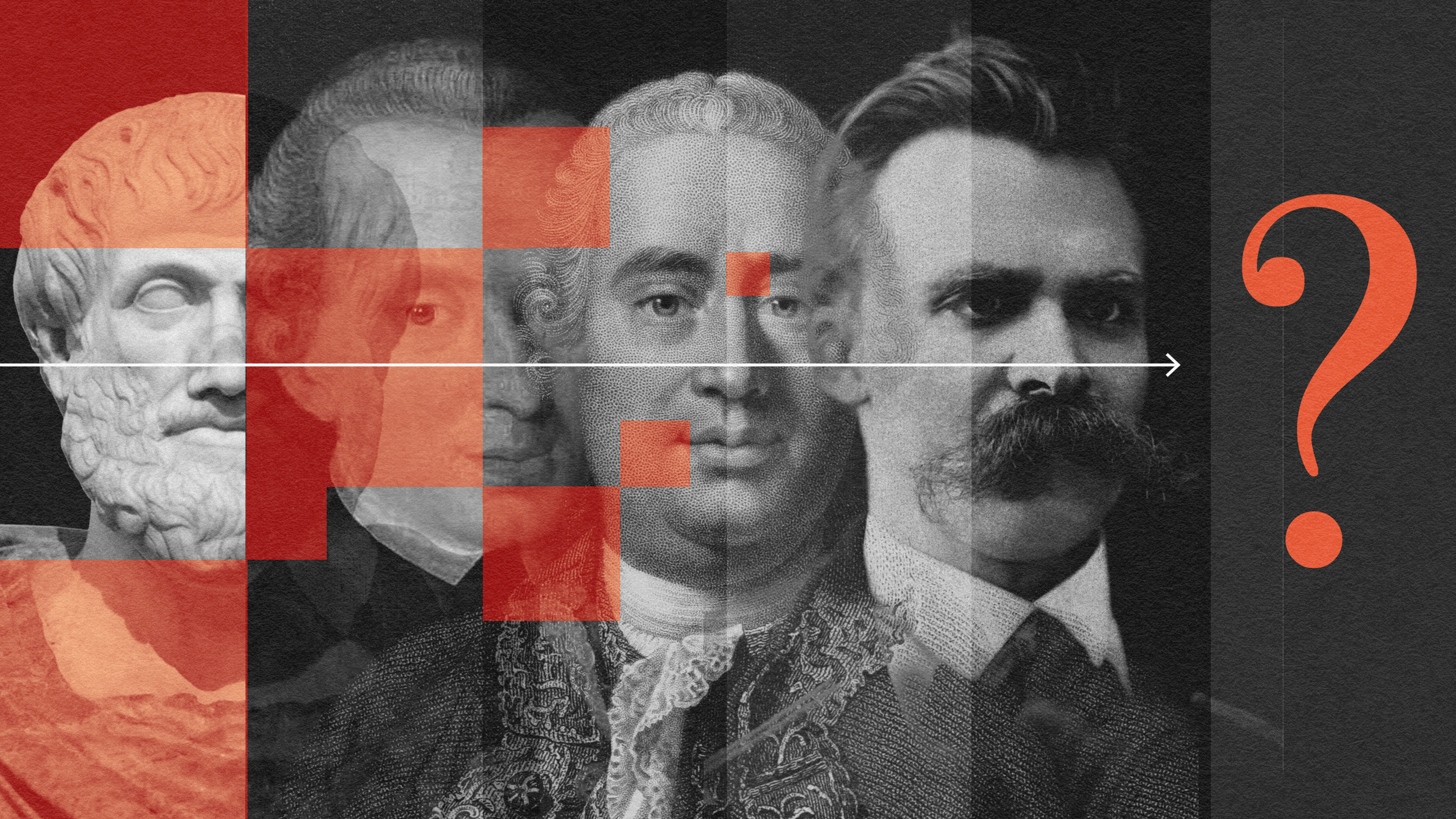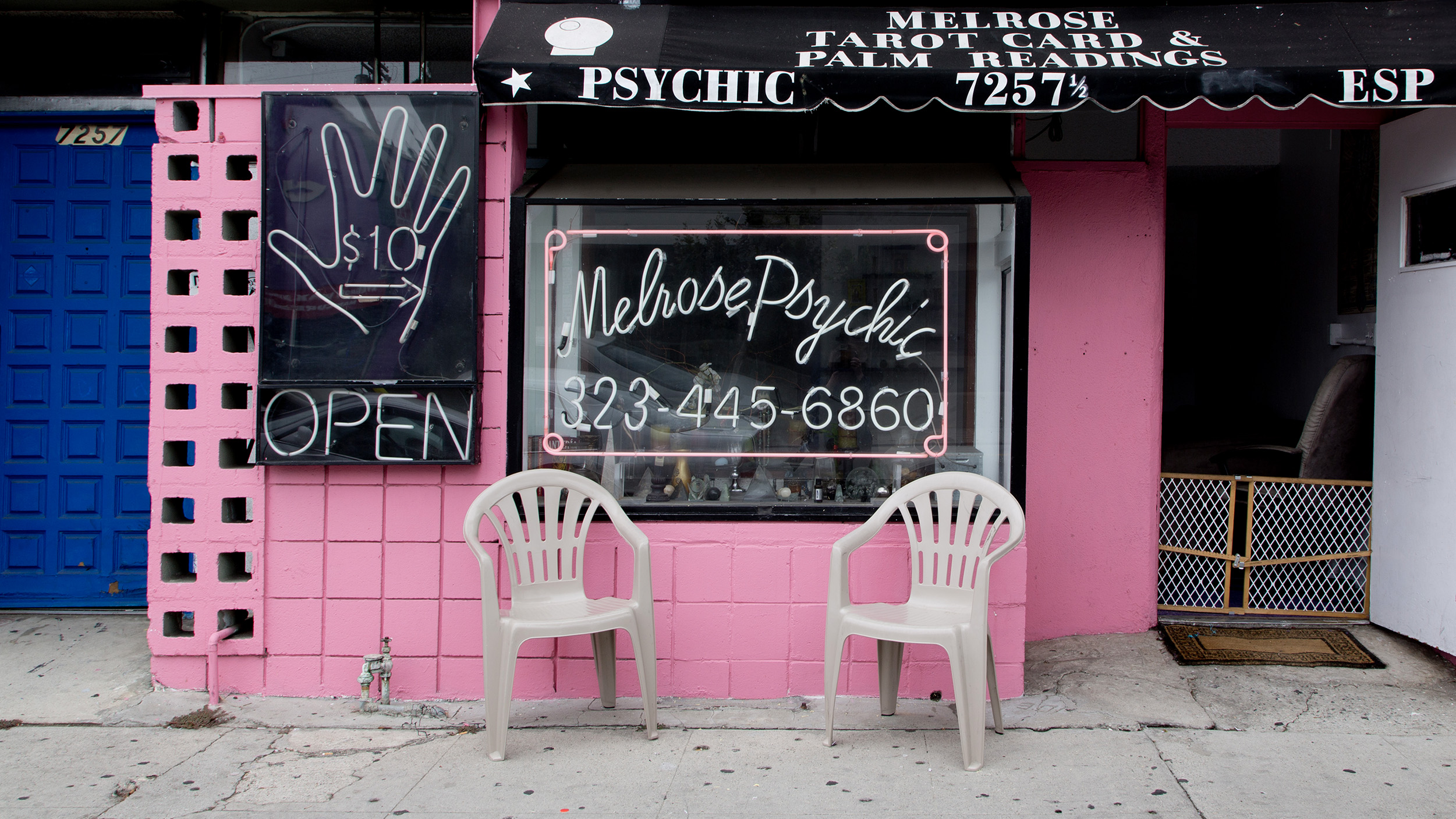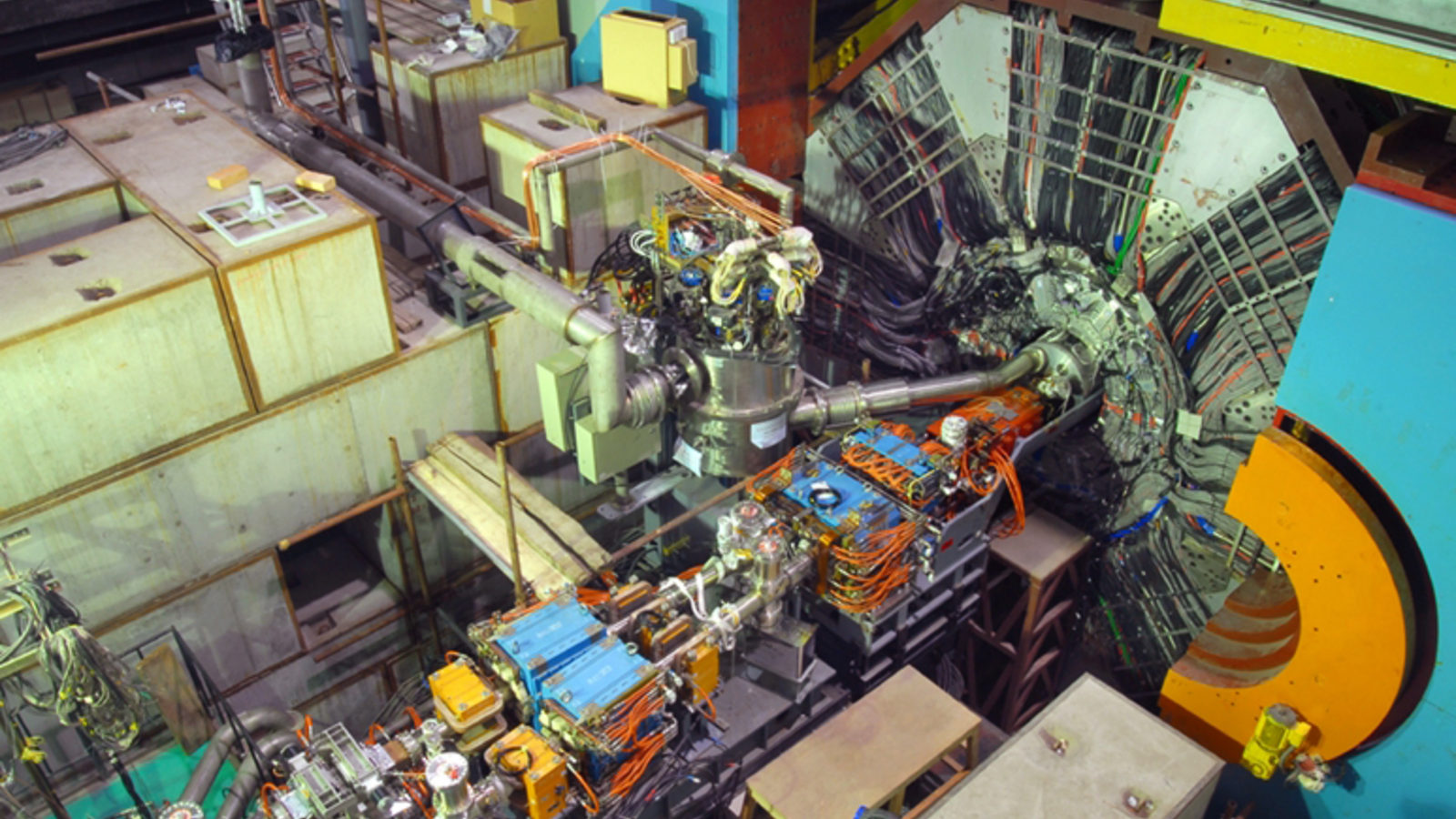Autism science is making great strides, but the search for a cure remains “a marathon, not a sprint.” The challenge is not one disorder but many.
Will Autism Be Cured in Five Years?
Wilczynski: So tell us about what is going to happen over the next 5-to-10 years. Will there be a cure?
Bookheimer: I don’t think that there will be a cure in 5 to 10 years. I think that where we’re going is in more translational research in trying to find the pathways that lead us from genes to neurobiological differences that lead from neurobiological differences that we see for example in imaging with behavior and doing a better job of linking all of these pathways from the basic neuroscience all the way up through behaviors, so we at least can know how and where we can try to intervene in a way that is scientifically valid. But I don’t think that we’re going to find a cure for autism because I don’t think autism is really a single disorder and I think as long as that is the case we’re going to have to find many approaches to treating different aspects of autism and we need more basic science. We need more animal models.
Walsh: Yeah, I agree. I mean I think that on the one hand, this is a time of tremendous optimism. On the other hand we’re in a marathon, not a sprint and we just now have the first sort of beginning of what we hope will be a raging bonfire of possible treatments, but right now it’s just a couple of little hopeful flames that we’re trying to blow on and nurse as well as we can to get them going. But we feel like we have a small paradigm shift in sort of thinking about drugs that actually might change the way synapses work and it makes a lot of sense that they might be tremendously powerful, but we’ve got to be very, very cautious and really keep ourselves from getting sort of overly hopeful and overly confident that there is going to be cures anytime soon, but we do hope there is going to be better treatments.
Wilczynski: Very good.
Fischbach: I absolutely agree with both what Susan and Chris said. I think the word cure gets in the way. I don’t know of any neuropsychiatric disorder other than an infection that has been cured. But the goal is to improve the quality of life of people who experience autistic symptomology and I just think we will make progress on that. I think the behavioral therapy is a good clue and I think a lot of it will be empirical.





